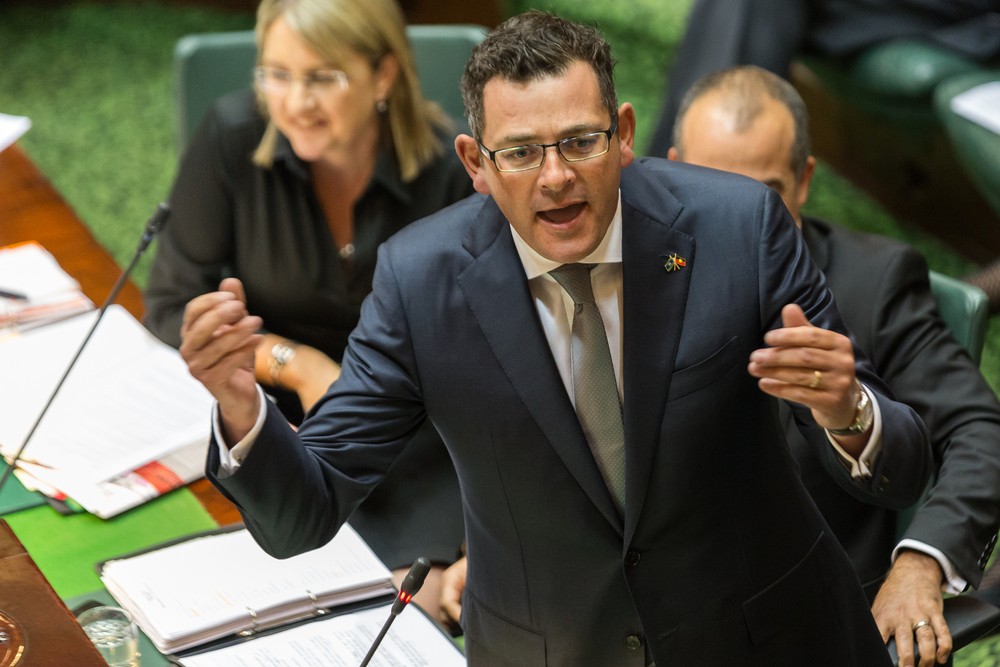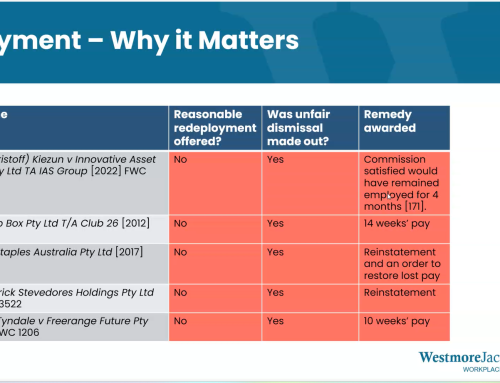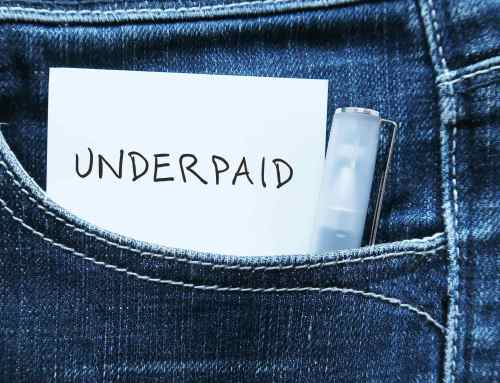
If there was ever a culture of underpayment in certain industries, it has (and is) changing.
The federal government has taken a stronger stance on underpayments. It has introduced a record penalty regime for serious contraventions of minimum employment entitlements. The maximum penalty for underpaying staff is now $630,000 for corporations.
The Fair Work Ombudsman is also playing tough. It is increasingly using its powers to investigate and prosecute employers and their directors for underpayment of wages.
The courts are also playing their part. Judges are showing an increased willingness to impose higher penalties for underpayments.
Now the Victorian government has joined in. Recently, the Victorian Labor Party (‘Labor’) proposed introducing criminal laws regarding wage theft (underpayments), if it is re-elected in November. This article focuses on those proposed laws.
Deliberate Wage Theft (Underpayment): A Proposed Criminal Offence
Labor has announced it intends to make it a criminal offence for an employer to deliberately:
- withhold or underpay wages, superannuation, or other employee entitlements; or
- falsify or fail to keep employee records.
Employers who commit this offence would face penalties of up to 10 years’ jail, and/or fines of up to $190,284 for individuals and $951,420 for companies.
Whilst we do not have draft legislation for these policies, it is important to note that these would be criminal offences. Consequently, a prosecutor would need to show a much higher standard of proof than is currently required to prove civil contraventions of the Fair Work Act.
Additionally, prosecutors would need to show that an employer deliberately failed to follow employment laws. Deliberate underpayment could be difficult to show. Underpayments caused by inattentiveness or a lack of knowledge regarding the correct rate of pay would, of themselves, be unlikely to amount to deliberate underpayments.
However, if an employer has received information regarding the correct rate of pay from an organisation which is not subject to legal professional privilege (such as a HR consultant), evidence of an employer receiving this information could support an accusation of deliberate underpayment.
Likewise, if an employer has been previously told by the Fair Work Ombudsman what an employee’s correct rate of pay is, there is a strong chance they may be found to have deliberately underpaid that employee if they continue to not pay that correct rate of pay.
A Proposed New Cop on the Block: The Victorian Wage Inspectorate
These offences would be investigated and prosecuted by the proposed Victorian Wage Inspectorate. This is a new agency the Victorian Government intends to establish. The Wage Inspectorate would have similar functions to the federal Fair Work Ombudsman.
The Wage Inspectorate would also oversee child employment laws, owner-driver laws, Victoria’s proposed labour hire licensing scheme, and Victoria’s new portable long service leave laws.
The creation of the Wage Inspectorate would mean there will be two government watch-dogs policing Victorian employers: the Wage Inspectorate and the Fair Work Ombudsman.
Conclusion
The times are a-changing. Underpaying wages is serious. The government won’t accept it and the courts will penalise employers who do it. Those who have underpaid wages should consider getting good legal advice early.
Adam Colquhoun, Principal
This article is general information only. It is not legal advice. If you need legal advice, please contact us.
Thanks to Bob Dylan for the expression the times they are a-changing.






Leave A Comment